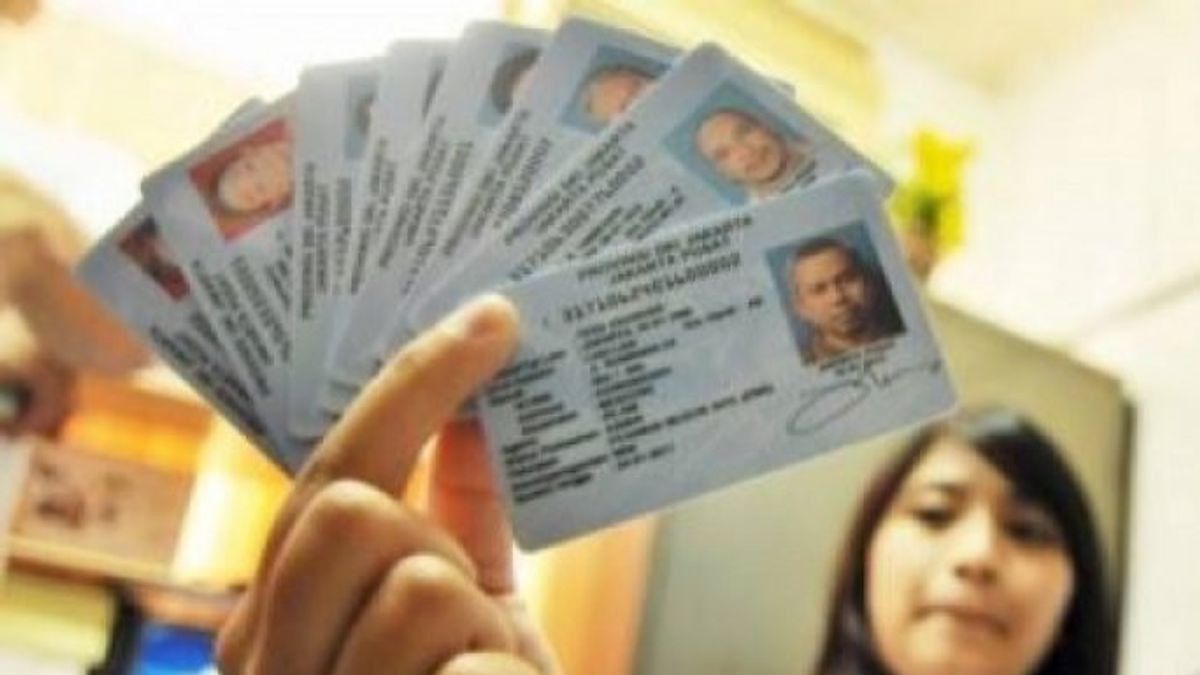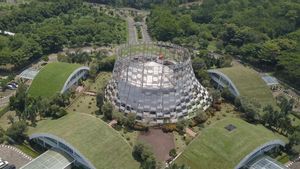JAKARTA - Advisor to the PKS faction of the DKI Jakarta DPRD, Nasrullah, assessed that the policy of deactivating the population identification number (NIK) for Jakarta residents living outside the region did not provide a sense of justice.
"The program for removing the NIK feels lacking in justice and attention from the DKI Regional Government to residents," Nasrullah said in his statement, Friday, April 19.
According to him, not a few natives of Jakarta are forced to live in buffer areas because their livelihoods are not in Jakarta.
"Betawi natives who rent outside Jakarta because their daily lives are not in Jakarta, such as motorcycle taxi drivers, shop workers and others," said Nasrullah.
Meanwhile, the DKI Provincial Government does not control or limit residents outside the region to enter and stay to find work in Jakarta every year. They finally enjoyed the public facilities provided by the DKI Provincial Government.
From this condition, Nasrullah views the incessant elimination of the NIK of residents who no longer live in Jakarta as causing many parties to doubt the justice of the DKI Jakarta Provincial Government's policies.
"How is the justice process and the government's alignment with the indigenous Betawi people. This question has finally surfaced, because there seems to be injustice there," he said.
Therefore, Nasrullah asked the DKI Jakarta Provincial Government to be careful before removing the residents' NIK. There needs to be a re-check and it does not necessarily remove the NIK of residents who no longer live in Jakarta.
"You have to be careful, because there are Jakarta ID cards, Jakarta NIK but they live in buffer areas. He is from Jakarta. Maybe because in Jakarta he lives in a mediocre house and eventually moves to live on the outskirts of Jakarta," he said.
The DKI Provincial Government has started the deactivation of the NIK with a target of 92 thousand Jakarta residents, with details of 81,119 NIK residents who died and 11,374 NIK residents in the Neighborhood Association (RT) who no longer exist.
Then, the deactivation of the NIK of Jakarta residents who already live outside the area will be carried out after the initial two categories have been deactivated.
SEE ALSO:
In the process, the DKI Provincial Government mapped out residents affected by the deactivation of the NIK. Then, the data was submitted to the Ministry of Home Affairs (Kemendagri) to remove the NIK.
Then, in verification and validation of objections from residents affected by the deactivation of the NIK, the DKI Provincial Government will submit recommendations to the Ministry of Home Affairs as a follow-up
The English, Chinese, Japanese, Arabic, and French versions are automatically generated by the AI. So there may still be inaccuracies in translating, please always see Indonesian as our main language. (system supported by DigitalSiber.id)
















